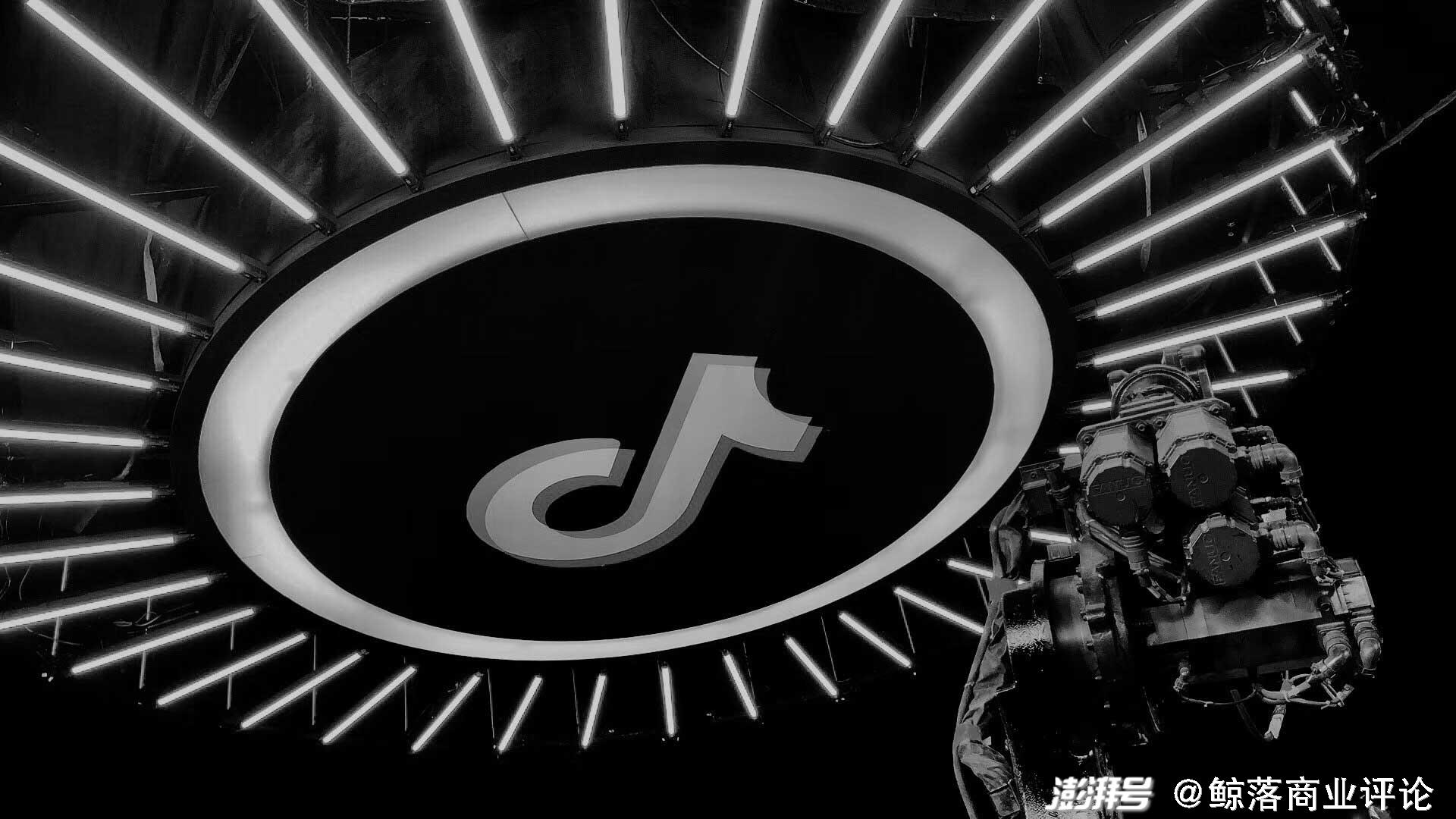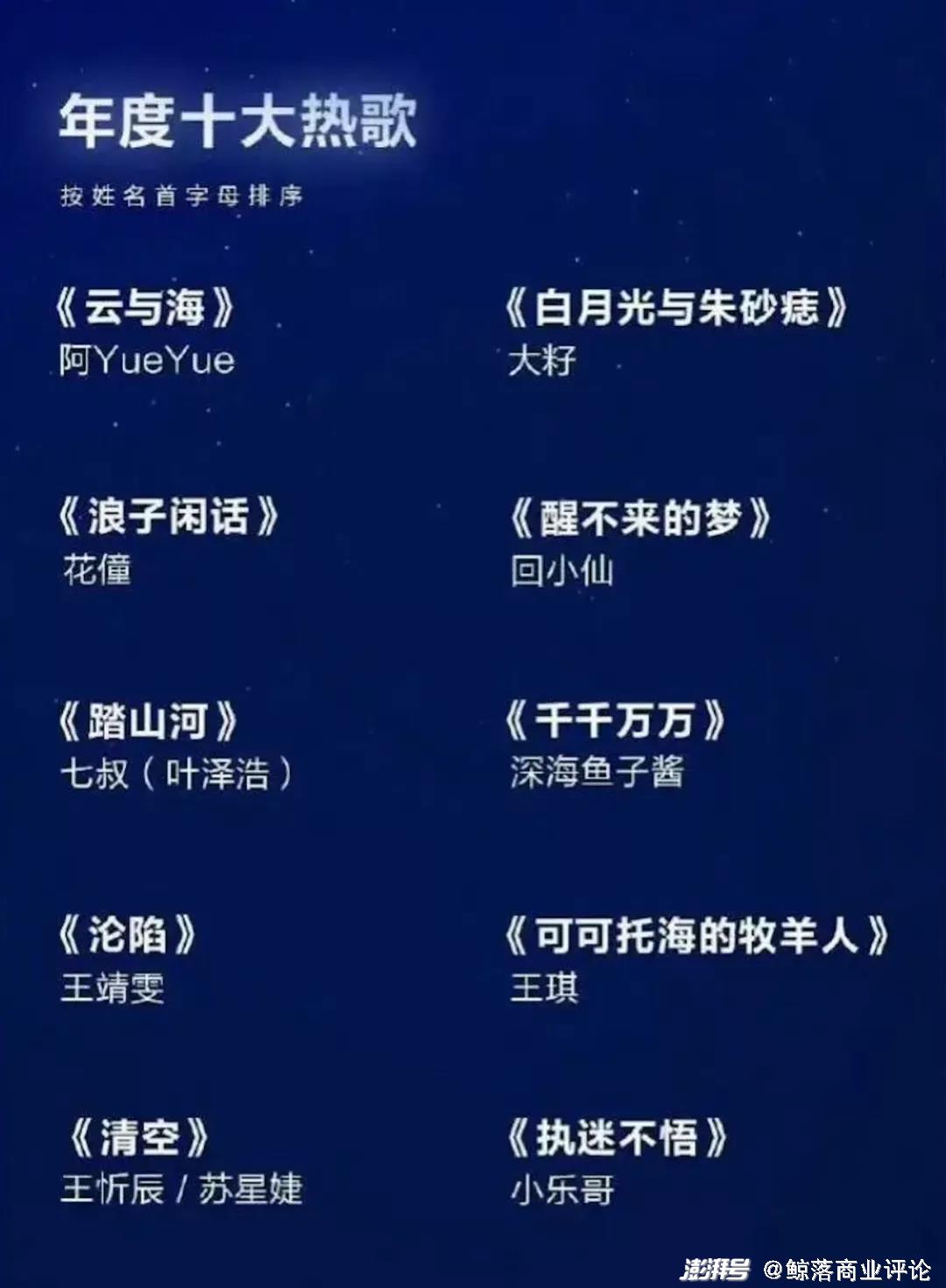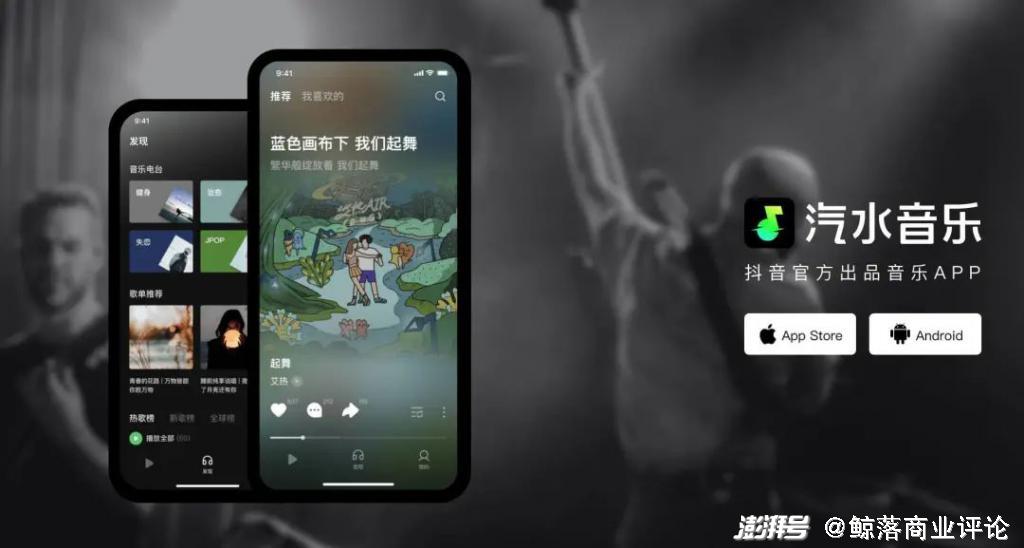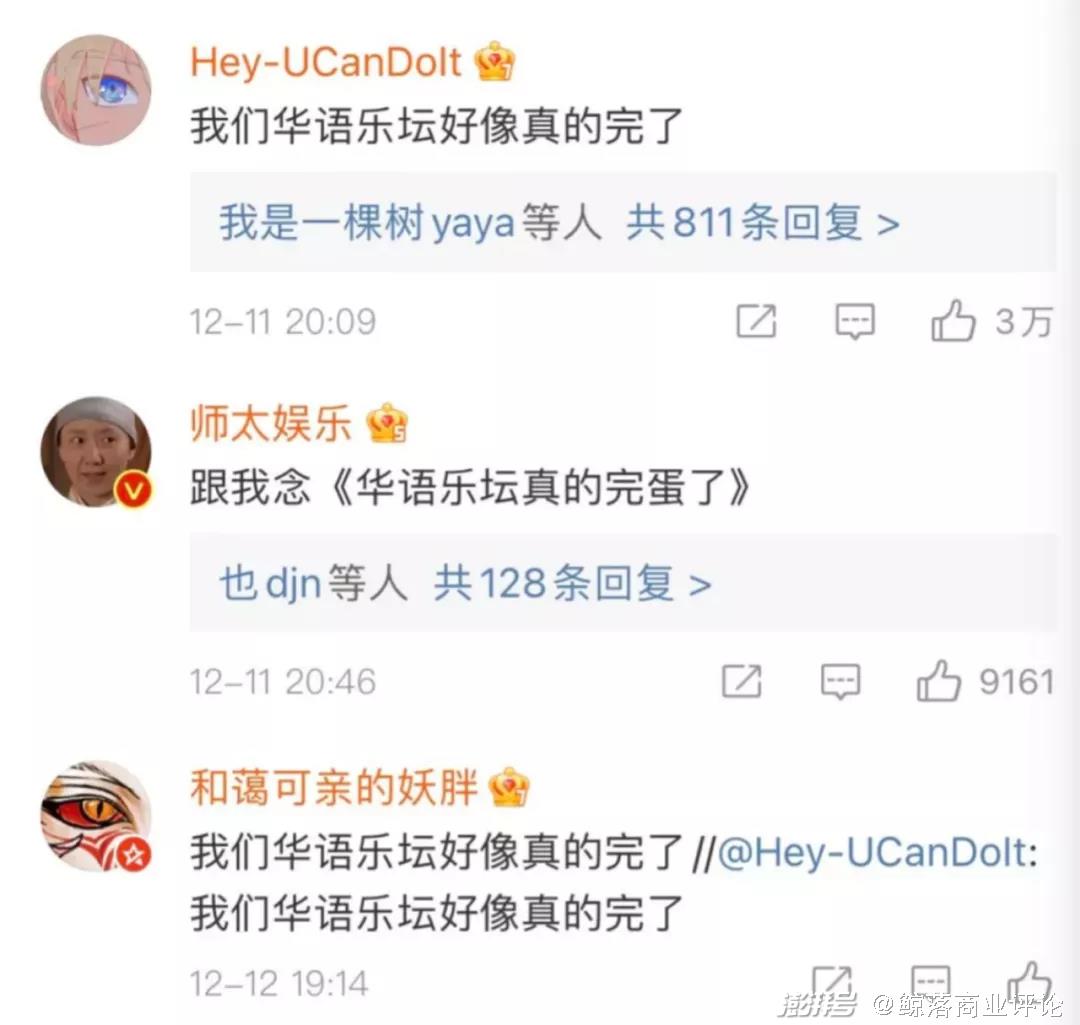In the future, will bytes make music "shorter"?

Author | Li Beichen
Source | Whale Fall Business Review
As we all know, today’s Chinese music scene is called "Shaking".
At the end of last year, Tencent Music made the top ten hot songs of the year, namely: Cloud and the Sea, Bai Yueguang and Zhu Shazhi, Gossip of the Prodigal Son, Dream that Can’t Wake Up, Treading on the Mountains and Rivers, Qian Qian Never Will Fall, Shepherd of Coco Tuohai, Emptying, and Obsession.

Almost all of them are Tik Tok Divine Comedy.
Yes, the most popular part of Chinese music has become the accompaniment of Tik Tok.
In the face of traffic, QQ Music and Netease Cloud Music also chose to bow their heads, with a special list of popular songs in Tik Tok, and QQ Music regarded "Tik Tok Hot Search" as a recommended option for searching songs.
Whether you like it or not, the subversion and controversy brought by Tik Tok to China’s music industry have become increasingly apparent. Those Tik Tok Divine Comedy haunts your mind, which has made the music market in China undergo an unpredictable evolution.
Obviously, Byte himself realized this, and then suddenly realized: "Why should I give up my own traffic?"
So they left the stage and entered the music market in person, which may completely change the appearance of the music market-and even the whole "music".
Traffic coordination in ByteDance
From the moment of its birth, Tik Tok has a close relationship with music-Tik Tok has a "sound" in his name, and the icon is also a note.
Looking back, Tik Tok’s predecessor, A.me, positioned itself as "short music video", which was quite similar to musical.ly, which was popular among American teenagers at that time, and created short videos by guiding users to lip-synch with music or dance. By the end of 2017, musical.ly had more than 200 million registered users.
Also in 2017, musical.ly was acquired by ByteDance, and then merged into the overseas version of TikTok in TikTok, which brought many active users and creators to TikTok and laid a good foundation for its rapid expansion in the global market.
ByteDance’s "formal" entry into the music market began two years ago.
In March, 2020, Byte officially launched the music playing software Resso in India and Indonesia. You can understand it as "Tik Tok in Music". Once the App is opened, it will be personalized song recommendation. If you don’t like this song, you can swipe the screen up and down like a Tik Tok and quickly cut to the next one.
Resso has been online for half a year, and the download volume has exceeded 15 million times. With this experience, in 2021, a music division was established within Byte, and a key task was to open up the music community of Resso and TikTok.
However, due to various reasons, Resoo has not expanded its territory to more countries and regions. At present, only a few countries such as India, Indonesia and Brazil are open.
In terms of music, perhaps the next force point of Byte is the domestic market.
In the spring of 2022, ByteDance launched an online music app-soda music in China.

The interface of soda music is very similar to Resso, which also uses sliding up and down to cut songs. Compared with the familiar left and right key switching, sliding up and down can greatly improve the speed of cutting songs. Under this interactive logic, people are not so much listening to songs as "brushing songs".
More importantly, according to media reports, most of the data of soda music and Tik Tok are synchronized. Soda music can help people to collect the divine comedy heard in Tik Tok synchronously, and find more similar songs in ByteDance’s proud algorithm recommendation.
Byte’s intention to engage in music is obvious, that is, to cooperate with the flow of Tik Tok and soda music.—— It is foreseeable that the soda concert will be more deeply bound with Tik Tok to form a closed loop of flow: Tik Tok can hatch the Tik Tok Divine Comedy and guide it to soda music; Those minority songs in soda music can also be hatched into "soda divine comedy" with the help of recommendation algorithm, which can be used to feed back short video with vibrato and become Tik Tok divine comedy, thus further consolidating Tik Tok’s position in the field of short video.
It does look wonderful.
In the future, music will eventually become shorter.
As for the penetration of bytes into the music field, what it means to the music market in China is a matter of opinion.
Please note that this article has no intention to talk about the vulgarization tendency of Chinese music. After all, there is no need to argue about the reality. The whole Chinese music presents a dangerous prosperity that will collapse once the coarse gravel foundation is removed. Huang Shujun has a song called "Change 1995", and there is a lyric that won my heart: "Only pop, no music, I think it is a good thing that you are out of sight."

So today, we are out of sight, avoiding "music quality" and talking about "music length".
Have you ever thought about it,When music can be "brushed", people will inevitably leave less and less time for a song, and they will become more and more stingy, so that they will never give you "time for a song" again.
Yes, now is not the era of "slow in the past". In the past, everyone was sincere: a song is a song; Movies, one is another. This is not the case now. People’s interest cycle is getting shorter and shorter, and the content carrier is also getting shorter and shorter, so that they can be embedded in people’s increasingly fragmented nothingness life at any time.
Therefore, just as people have become more and more impatient to watch the whole movie and are used to watching the short video of "watching a movie in X minutes", people have become more and more impatient to listen to the whole song and are used to going straight to the climax and only listening to the chorus (especially for new songs).
I even think,One day in the future, the online music platform will be completely "chorus", that is, every song that people brush will only have a climax.
If this is the case, then this new technology carrier will change the music-the time of a song is bound to become shorter, and the "memory points" such as melody and rhythm are bound to become more accurate-as much as the music was changed when vinyl was born.
You know, nowadays, a song usually lasts only a few minutes, thanks to vinyl. At first, there was no time limit for church music and court music (Beethoven’s Ninth Symphony lasted about 70 minutes), but as music can be stored, copied and distributed by new technology, a piece of music is also "framed" in the poor capacity of 4 minutes when vinyl was born. Musicians can choose not to compromise on technology, but as long as you want to seize the dividend of new technology, you must make the work shorter and make the melody and rhythm more accurate to meet the increasingly impatient attention of the audience.
Well, whether you like it or not, this process is repeating itself. The emergence of new technical media such as bytes makes human attention shorter than before, which also makes the time of a song shorter than before.
Maybe a hundred years later, the new generation of young people will look back at Jay Chou in the 21st century, just as we look back at Beethoven in the 18th century-"It’s just a song, why did you write it so long?"
Author: Li Beichen (WeChat: Whale Fall Business Review)